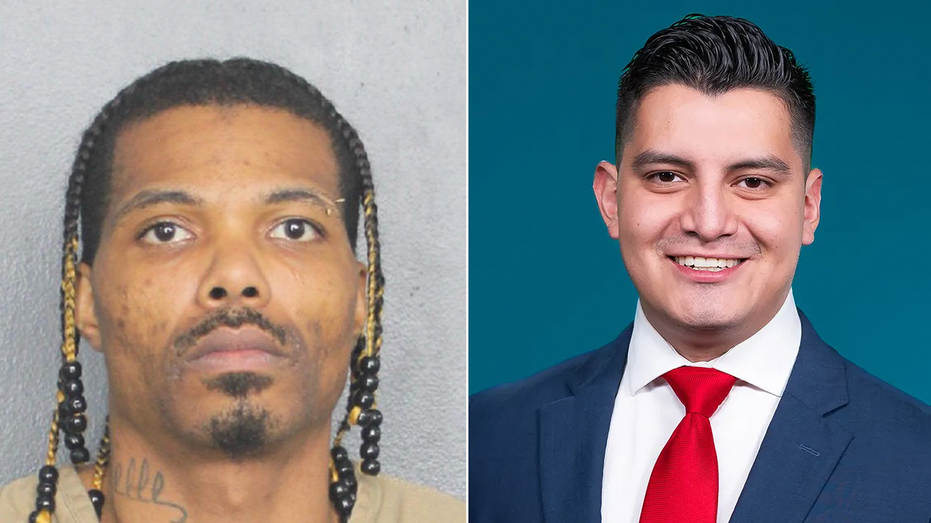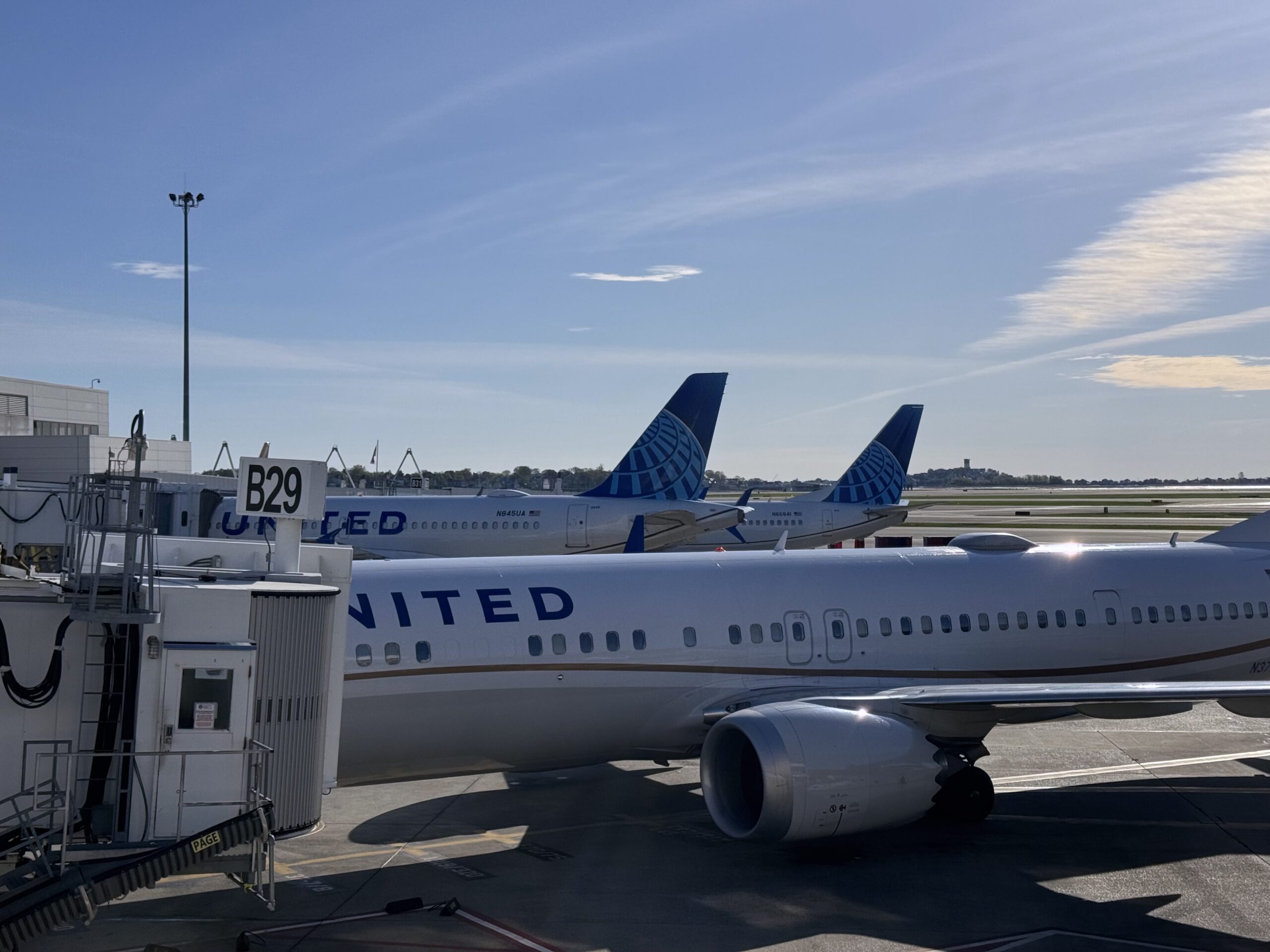Cops Are Already Unleashed. Trump Is Telling Them to Run Wild.
With his new executive order on policing, Trump just wants to make sure he’s the one holding the lead. The post Cops Are Already Unleashed. Trump Is Telling Them to Run Wild. appeared first on The Intercept.


Donald Trump says he wants to “unleash” the police.
This week, Trump signed an executive order “STRENGTHENING AND UNLEASHING AMERICA’S LAW ENFORCEMENT TO PURSUE CRIMINALS AND PROTECT INNOCENT CITIZENS” (all caps in the original), laying down a host of authoritarian diktats intended to make police officers more brutal, more loyal to him, and less accountable to anyone other than him.
The proclamation is more virtue signaling than policy — more an expression of Trump’s mood than a serious proposal. And, when it comes to conventional crime, Trump’s mood is right where it’s always been: fearful, demagogic, and perpetually stuck in 1988.
The proclamation is more an expression of Trump’s mood than a serious proposal.
The thing that ties it all together is a word Trump uses often — “unleash” — and it’s worth delving into. The literal definition is to remove from a restraint. In the context of law enforcement, it conjures images of cops siccing police dogs on suspects or protesters. Metaphorically, we tend to associate the word with starker imagery. We unleash fury, wrath, and retribution. Trump wants to project both.
As for the executive order itself, it is heavy on bluster and short on details, like most of Trump’s orders.
Some of the measures are nonsensical, like “indemnifying” police from damages. (They’re already indemnified by taxpayers in more than 99.9 percent of such cases.) For others, it isn’t clear if he’s referring to federal or state and local police. Trump provides no funding for his demands.
Some would violate the law, such as charging progressive prosecutors for failing to prosecute some crimes to Trump’s satisfaction. Others, like directing law firms to do pro bono work defending cops accused of wrongdoing, are unconstitutional on their own — not to mention that they build on other directives from Trump that courts are also likely to find unconstitutional. Still others would require approval from Congress.
How much of this agenda is actually feasible depends on whether Trump is willing to push through these barriers, and whether the federal courts are willing to stop him. That, however, is true with or without an executive order.
What Leash?
During his run in presidential politics, Trump has praised and encouraged police brutality. He has applauded violent crackdowns on protests, especially by authoritarian regimes.
He believes in projecting strength, and believes strong leaders demonstrate strength with violence. This is why he has often suggested that police officers will attack his enemies if called upon, and why the Capitol Police who defended Congress from his supporters received so much of his wrath.
Yet you can’t unleash something that has never been restrained in the first place. And in the U.S., the police have never been restrained.
Last month, an Oklahoma City news station reported that a federal team of law enforcement officers had battered down the door of a Latino woman and her three daughters. The family was subjected to a terrifying raid, in which agents held them at gunpoint, forced them to stand in the rain, then rifled through their home.
The agents were looking for undocumented immigrants. Everyone in the home was a U.S. citizen. The man they were looking for had moved out months earlier.
If it had all stopped there, that would have been bad enough. This was a violent, volatile raid over an alleged immigration violation — an extraordinarily disproportionate use of force. After learning of their mistake, however, the agents weren’t apologetic or contrite. Instead, they confiscated the family’s computers, cellphones, and an undisclosed amount of cash.
The agents didn’t identify themselves or which agency they were with, and they left no contact information so the women could file a complaint or, at the very least, retrieve their property.
According to the victim, one officer told her as they left, “I know it was a little rough this morning.” After several days, the Department of Homeland Security finally acknowledged a mistake.
This raid followed Trump’s executive order, but it’s part of a much longer pattern of hyper-aggressive law enforcement. These certainly weren’t the actions of law officers who felt restrained.
And why would they? Trump and his subordinates have made clear that one clear objective of his immigration policy is to inflict pain. It isn’t just about removing undocumented people, it’s about making people who do come suffer as much as possible to deter others.
When U.S. Immigration and Customs Enforcement agents confronted 19-year-old Merwil Gutiérrez in New York City, they knew right away he wasn’t the man they were looking for. According to Gutiérrez’s cousin, one agent said, “No, he’s not the one.” Another replied, “Take him anyway.”
Gutiérrez has no criminal record. He was in the country legally. He doesn’t even have tattoos. Yet before his family could act, he had been sent to a facility in Texas. He was then among the first batch of people sent to El Salvador’s Terrorism Confinement Center, or CECOT, prison, a slave labor detention facility. The ICE agents who arrested him haven’t even been identified, much less disciplined. Immigration “czar” Tom Homan later referred to such wrongful arrests of legal residents as “collateral.”
These are just two of a growing number of horrifying incidents in which federal agents, often concealing their identities with masks, have snatched innocent people from the streets, then whisked them off to to detention centers hundreds of miles away or, worse yet, all the way to CECOT. None of this suggests police officers feel all that restrained.
The courts haven’t restrained them either. In the 2022 case Egbert v. Boulet, the Supreme Court all but barred anyone from suing federal law enforcement officers for violating constitutional rights. In so doing, the court overturned a 50-year-old precedent, arguing that the old ruling created a cause of action that had never been approved by Congress.
The court, however, has also been chipping away at Congress’s attempts to hold bad cops accountable. Incredibly, constitutional lawyer Patrick Jaicomo first learned about the raid in Oklahoma City this week as he was leaving the Supreme Court. Jaicomo, who works for the libertarian nonprofit Institute for Justice, had just given oral arguments for a case in which federal law enforcement officers had waged a violent drug raid on the wrong home, holding an innocent family and 10-year-old child at gunpoint.
Because the court has already prevented victims like Jaicomo’s clients from suing under the Constitution, he was left to argue that they should be able to sue under the Federal Tort Claims Act, the one less-than-ideal remedy still available to hold abusive federal cops accountable. And in fact, after a series of botched drugs raids on innocent people in the 1970s, Congress created an addition to that law specifically allowing for lawsuits in cases of botched raids. Yet the lower courts have refused to allow the lawsuit to go forward, and judging from oral arguments, the Supreme Court doesn’t seem eager to allow it either.
Congress also passed a law to give people a way to sue when state and local police violate their rights: the KKK Act, passed during Reconstruction. The Supreme Court has been whittling that away too, through the doctrine of qualified immunity, a legal fiction the court invented from whole cloth.
Immune (From Most Lawsuits)
The world in which police officers are hamstrung by overly restrictive rules and woke prosecutors exists only in the minds of Donald Trump and his followers.
In truth, state and local police are protected by qualified immunity and in the tiny percentage of cases in which victims can actually get in front of a jury, then convince that jury to convict and award damages, the police are further shielded by indemnification. Federal police — and any state and local police who serve on federal drug, gang, or immigration task forces — are all but immune from lawsuits.
Well, from most lawsuits. There is at least one federal lawsuit that has a decent shot at a substantial settlement.
Last year Trump himself sued the FBI for $100 million over the search of his Mar-a-Lago home. Unlike the raids in Oklahoma City or Atlanta, the FBI agents intentionally conducted the search of Trump’s Florida estate while he was out of town to avoid embarrassing him. It not only was not a no-knock raid; they even gave Trump’s security detail a heads-up that they were coming.
Trump is suing anyway, despite declaring in his 2024 campaign that police should be immune from such lawsuits. Among the abuses Trump claims to have suffered: FBI agents didn’t remove their shoes before entering his bedroom.
The difference now is that Trump controls the Justice Department, and the Supreme Court has given him the green light to exploit the department’s power and resources in whatever corrupt manner he pleases.
It wouldn’t be at all surprising if Trump ordered the department to settle with him for $100 million for the indignity of shoed FBI feet traipsing through his bedroom, while simultaneously directing federal police to continue with warrantless raids on anyone who speaks with an accent.
In the end, Trump doesn’t really need to unleash the police. He just wants to make sure he’s the one holding the lead.
The post Cops Are Already Unleashed. Trump Is Telling Them to Run Wild. appeared first on The Intercept.











































































